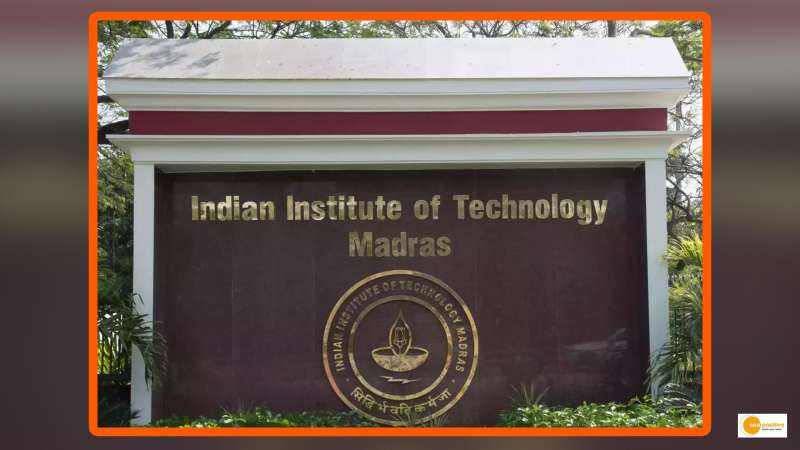The Indian Institute of Technology (IIT) Madras claims to have developed an artificial intelligence (AI) based tool called ‘PIVOT’ that can predict cancer-causing genes in an individual. The institute stated that this tool will aid in the development of personalised cancer treatment strategies. The tool, according to the researchers, is based on a machine learning model that classifies genes as tumour suppressors, oncogenes, or neutral genes.
Researchers explained the use of a newly developed tool to treat cancer as an uncontrolled growth of cells that can occur due to mutations in oncogenes, tumour suppressor genes, or both, but not all mutations necessarily result in cancer. As a result, it is critical to identify cancer-causing genes in order to develop appropriate personalised cancer treatment strategies.
PIVOT designed to predict cancer causing genes
“PIVOT is designed to predict genes that are responsible for causing cancer in an individual. The prediction is based on a model that utilizes information on mutations, expression of genes, and copy number variation in genes and perturbations in the biological network due to an altered gene expression,” IIT Madras said.
AI prediction model built for 3 different types of cancer
The IIT Madras researchers claimed to have developed AI prediction models for three types of cancer: breast invasive carcinoma, colon adenocarcinoma, and lung adenocarcinoma. The team is also developing a list of personalised cancer-causing genes to aid in the identification of the best drug for patients based on their personalised cancer profile.
The research was led by Prof Raghunathan Rengaswamy, Dean (Global Engagement), IIT Madras, and Professor, Department of Chemical Engineering, IIT Madras, Dr Karthik Raman, associate professor, Bhupat and Jyoti Mehta School of Biosciences, IIT Madras and a core member, Robert Bosch Centre for Data Science and Artificial Intelligence (RBCDSAI), IIT Madras, and Malvika Sudhakar, a research scholar, IIT Madras.
Highlighting the significance of the research, Dr Karthik Raman said, “Cancer, being a complex disease, cannot be dealt with in a one-treatment-fits-all fashion. As cancer treatment increasingly shifts towards personalised medicine, such models that build toward pinpointing differences between patients can be very useful.” “The research area of precision medicine is still at a nascent stage. PIVOT helps push these boundaries and presents prospects for experimental research based on the genes identified,” Malvika Sudhakar, Research Scholar, IIT Madras said.


